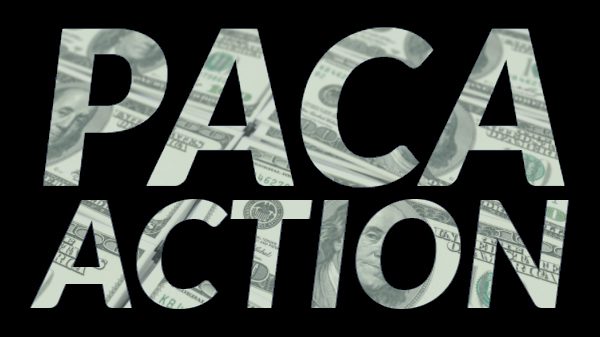Welcome to Blue Book!
Are you ready to join the thousands of companies who rely on Blue Book to drive smarter decisions? View our plans and get started today!
Still have questions? We’d love to show you what Blue Book can do for you. Drop us a line– we’ve been waiting for you.

“I definitely get bank references,” Gillis agrees. She pays particular attention to lines of credit to see if there’s availability on the line or if the company is maxed out, making reduced or interest-only payments. “It gives you an indication of cash flow.”
In addition, she looks at loans, especially large loans. “If they have a million-dollar loan and are a small company, you have to think about if you want to extend that much credit.”
Other components of the credit application process can include personal guarantees from smaller companies and a sales tax form.
“In our business, [suppliers] want to be tax exempt because they are not the end user. They’re preparing the food for the customer, who then pays the tax. Without a sales tax form in the State of Illinois,” Lott notes, “you have to pay sales tax.”
Further Research
In most cases, the next step will be digging into the customer’s overall financial situation.
A top tool is a credit report from leading reporting agencies like Experian and TransUnion, but there can be problems: if a company is too small to have in-depth financial reports, it may not be on the radar of these national credit monitoring companies. This is where trade coverage comes into play, with credit rating firms like Blue Book Services, Inc.
“Credit reports give you some historical data about a company’s dealings with the trade, maybe with suppliers, and also with freight carriers,” Gillis explains.
A third-party can be hired or commissioned to research an applicant as well, Lott notes. This firm will then check references to see if the company is meeting financial obligations and terms, or if it has a history of past due bills and returned checks.
Go to the Source
In most cases, when financial information is not available—go to the source. Contacting the prospective credit customer to ask about financials may seem like a no-brainer, but getting comptrollers or chief financial officers to discuss financial details or the company’s fiscal position is often difficult.
“Some companies will talk about it,” Gillis remarks, “and it doesn’t hurt to ask.” Sometimes the credit application is filled out by a member of the accounting staff, and not an officer or manager.
It’s still worth reaching out to this person to gather as much information as possible, and to keep in contact.
Lott also believes the best resources to learn about a company are those who deal with it on a regular basis, which includes not only trade references discussed above, but employees too.




